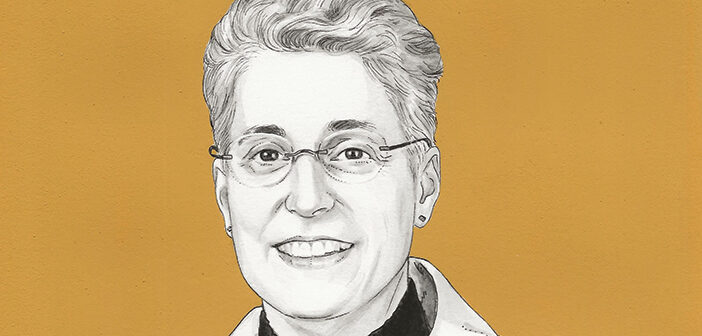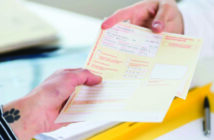Will COVID-19 antibody tests make workplaces safer?
Antibody, or serology, tests help determine the percentage of a population that’s been infected with a virus; public health officials are using this information to understand SARS-CoV-2 prevalence and potential herd immunity. But experts still have many questions about the protective effect of past infection, explains Angela Caliendo, MD, PhD, The Warren Alpert Foundation Professor of Medicine. An infectious diseases physician who studies diagnostic test development and assessment, she co-chairs the Rhode Island COVID-19 Testing and Validation Task Force and helped write the Infectious Diseases Society of America’s COVID testing guidelines.
Based on our current knowledge of serology tests, they should not be used to inform decisions regarding returning people to work. We don’t know if antibodies that develop are actually neutralizing antibodies that prevent future infection or re-infection.
We need more information on the robustness of the antibody response. Does it matter if you were infected but asymptomatic? Infected but mildly symptomatic? Or severely ill? How age and immunocompromised conditions impact the antibody is also not well understood.
If we could prove that antibodies were protective and persisted for a prolonged period, then we would have a good idea of who is at risk of being infected. If immunity doesn’t wane quickly, it helps address the herd immunity question, which is usually obtained when 60 to 70 percent of the population is infected. So by no means can you say that someone who is seropositive is safer to go back to work than someone who’s seronegative. They both should be following the same precautions, the same social distancing, and the same mask wearing. Being seropositive is not a get-out-of-jail-free card.




